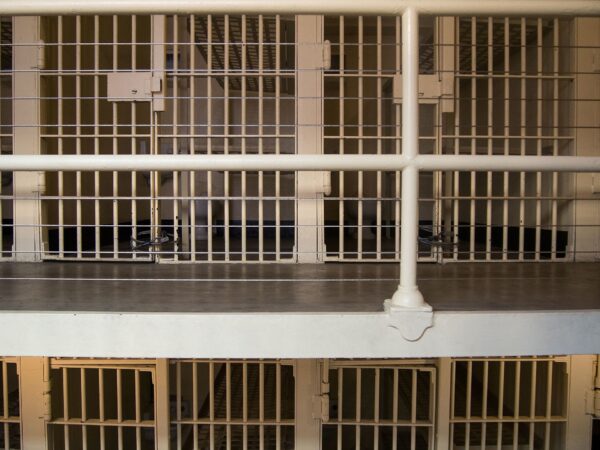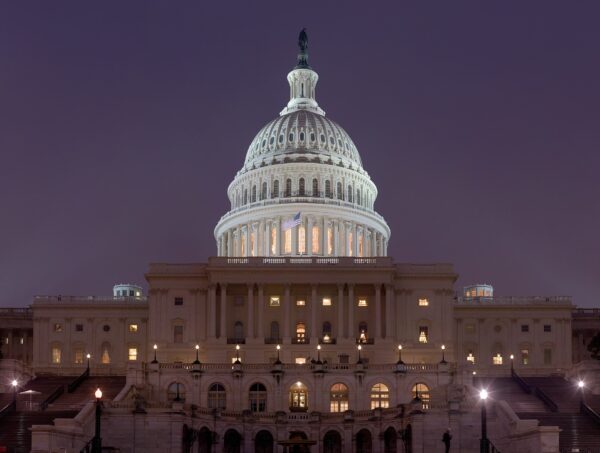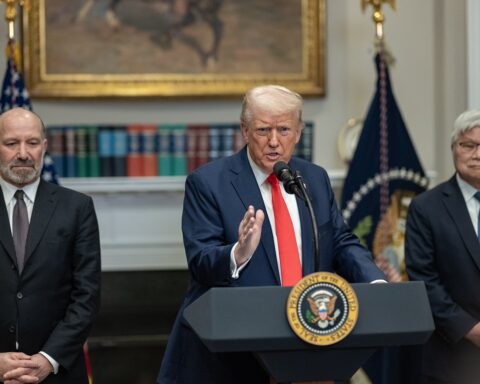On Friday, Colorado Governor Jared Polis has now reportedly signed a bill into law that requires election officials to provide voting services in county detention centers and jails for statewide general elections.
The statewide program is a pioneering initiative, as only a small number of prisons nationwide presently provide eligible residents with the opportunity to vote in person.
According to Jack Todd, a spokesperson for the Colorado secretary of state, the measure’s implementation will result in approximately 61 jails and detention centers throughout Colorado providing in-person voting for the November election.
Although Colorado prohibits individuals who are serving time for felony convictions from voting, it is permissible for incarcerated individuals who are awaiting prosecution or serving time for a misdemeanor to cast a ballot in the state.
State Sen. Julie Gonzales, a Democrat who sponsored the measure, stated that lawmakers discovered that eligible voters were not frequently voting as a result of logistical challenges that existed within prisons.
The law mandates that election officials and law enforcement provide six hours of in-person voting and services that enable confined individuals to register to vote.
Additionally, eligible electors will have the option to return mail ballots if they prefer to do so.
The legislation guarantees that election officials have access to Department of Corrections data to prevent individuals serving time for felony convictions from casting a ballot, and county personnel will serve as poll workers.
In recent years, the restoration of voting rights to the millions of Americans with felony convictions who have completed their sentences has been a popular policy proposal.
However, very few states have taken measures to encourage political engagement behind bars.
Voting rights advocates have long maintained that it can be challenging to vote from behind cells, despite the fact that a significant number of Americans are eligible.
As of mid-2022, the most recent data available, federal data suggests that nearly half a million individuals were incarcerated and awaiting trial.
Many individuals who are serving time for misdemeanor offenses maintain their rights, as do citizens who do not have a disenfranchising felony conviction on their record.
[READ MORE: Trump Demands Supreme Court Take Action Before His Sentencing]













